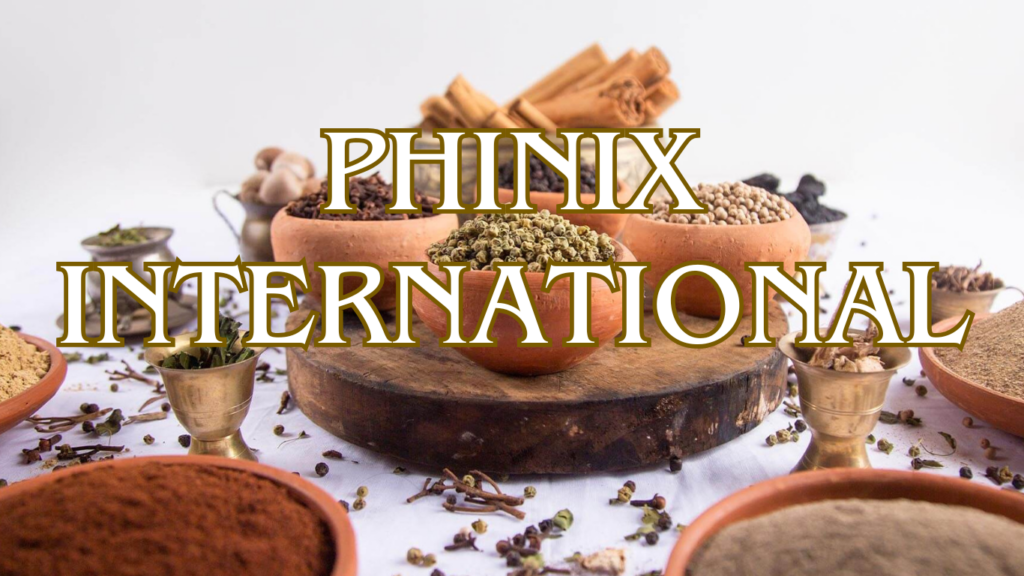
Indian spices are a cornerstone of Indian cuisine, known for their rich aromas, vibrant colors, and bold flavors. Here’s a quick rundown of some of the most essential Indian spices and their typical uses:
🌶️ Whole Spices (Often Used in Tempering or Curry Bases)
-
Cumin Seeds (Jeera): Earthy, nutty; used in dals, curries, and rice dishes.
-
Mustard Seeds (Rai/Sarson): Pungent and slightly spicy; great in pickles, tempering.
-
Coriander Seeds (Dhania): Citrusy and warm; used whole or ground in curry powders.
-
Cloves (Laung): Intense and aromatic; often used in biryanis and garam masala.
-
Cinnamon (Dalchini): Sweet and woody; in biryanis, desserts, and masala chai.
-
Green/Black Cardamom (Elaichi): Green is sweet; black is smoky; both are used in desserts and savory dishes.
-
Bay Leaf (Tej Patta): Mild and floral; added to curries and rice dishes.
-
Fennel Seeds (Saunf): Sweet and licorice-like; used in spice mixes and desserts.
🌿 Ground Spices
-
Turmeric (Haldi): Earthy, slightly bitter; adds color and health benefits.
-
Red Chili Powder (Lal Mirch): Spicy; varies from mild (Kashmiri) to very hot.
-
Coriander Powder (Dhania Powder): Mild and lemony; a base in many curries.
-
Cumin Powder (Jeera Powder): Toasty and warm; enhances flavor profiles.
-
Garam Masala: A blend of warming spices, usually added at the end of cooking.
🍛 Specialty Spices & Blends
-
Asafoetida (Hing): Pungent and sulfurous when raw, mellow and umami when cooked; key in lentil dishes.
-
Amchur (Dry Mango Powder): Tangy and fruity; adds sourness to dishes.
-
Chaat Masala: Tangy, spicy, salty; used in snacks and street foods.
-
Tandoori Masala: Smoky, spicy blend for marinated dishes like tandoori chicken.
-
Panch Phoron: Bengali 5-spice blend (fenugreek, nigella, cumin, black mustard, fennel).
Want suggestions for how to use some of these in recipes? Or are you looking to build a spice rack for Indian cooking?
